Rewards and punishment is the lowest form of education
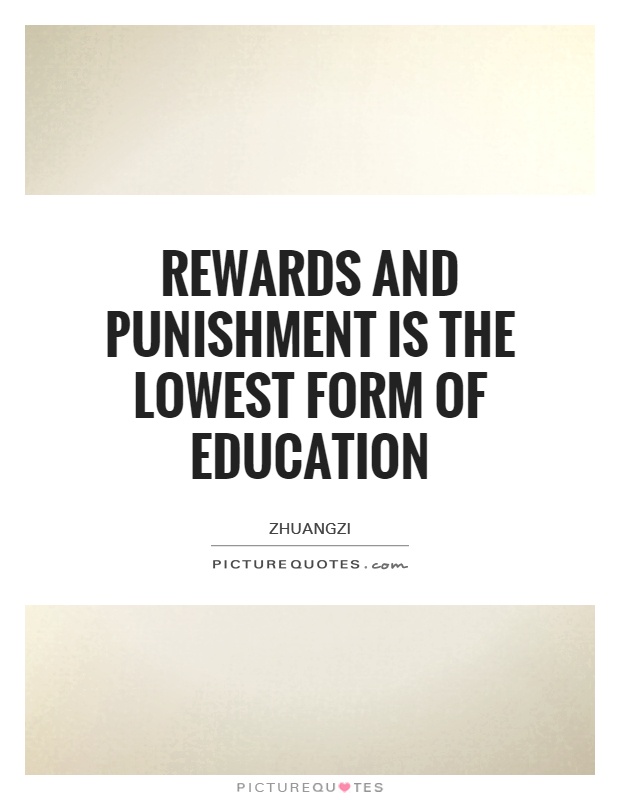
Rewards and punishment is the lowest form of education
In the context of Zhuangzi, a prominent Chinese philosopher from the Warring States period, the idea that rewards and punishment is the lowest form of education holds significant weight. Zhuangzi believed in the concept of Dao, or the Way, which emphasizes living in harmony with the natural order of the universe. This philosophy emphasizes the importance of self-cultivation and inner transformation rather than external rewards or punishments.Zhuangzi argued that true education should focus on nurturing the individual's innate virtues and talents, rather than relying on external motivators such as rewards and punishments. He believed that these external motivators only serve to manipulate and control individuals, rather than allowing them to develop their own unique potential. In Zhuangzi's view, true education should be a process of self-discovery and self-realization, where individuals are encouraged to explore their own interests and passions, rather than conforming to external expectations.
Furthermore, Zhuangzi believed that rewards and punishments are ultimately ineffective in shaping behavior in the long term. He argued that individuals who are motivated by external rewards or punishments are not truly acting in accordance with their own nature, but are instead being driven by external pressures. This can lead to a sense of alienation and disconnection from one's true self, as individuals become more focused on pleasing others or avoiding punishment, rather than following their own inner guidance.
Instead of relying on rewards and punishments, Zhuangzi advocated for a more holistic approach to education that focuses on cultivating the individual's inner virtues and talents. This approach emphasizes the importance of self-awareness, self-reflection, and self-cultivation, as individuals are encouraged to explore their own interests and passions in order to realize their full potential.

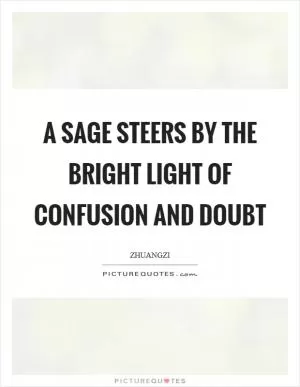

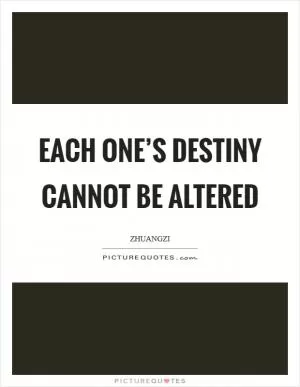
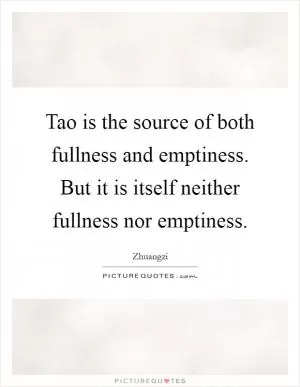
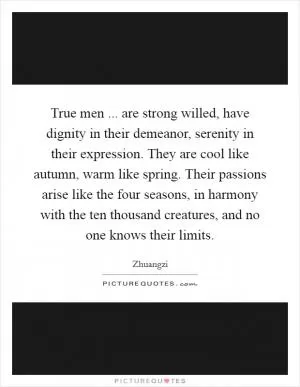
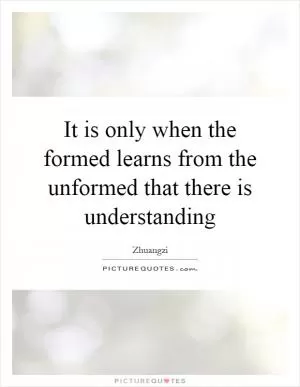
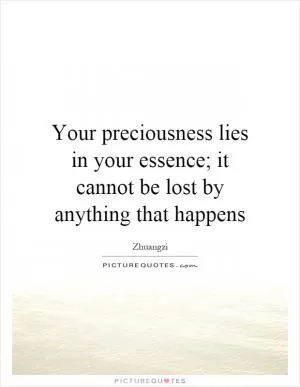


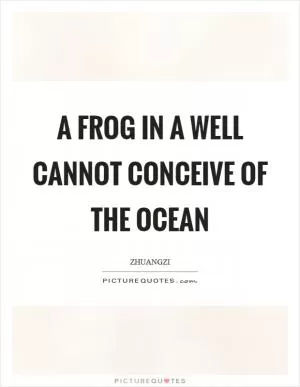
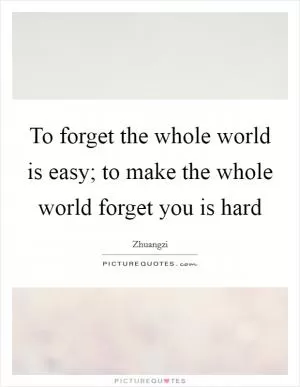
 Friendship Quotes
Friendship Quotes Love Quotes
Love Quotes Life Quotes
Life Quotes Funny Quotes
Funny Quotes Motivational Quotes
Motivational Quotes Inspirational Quotes
Inspirational Quotes